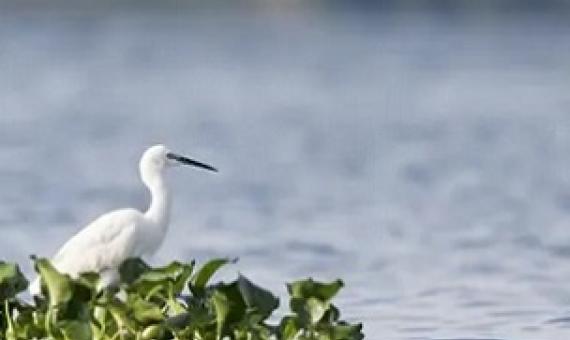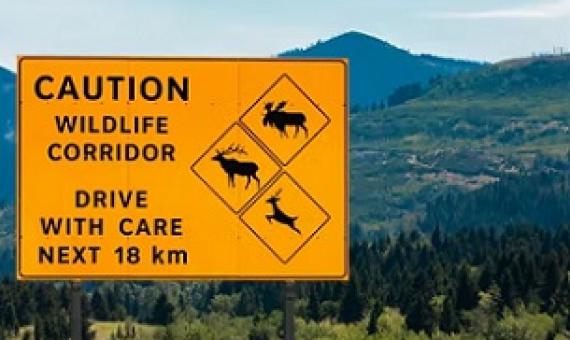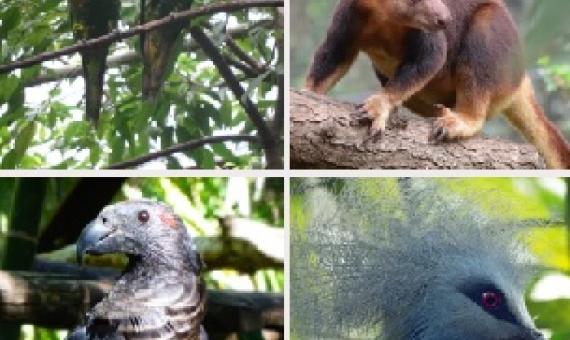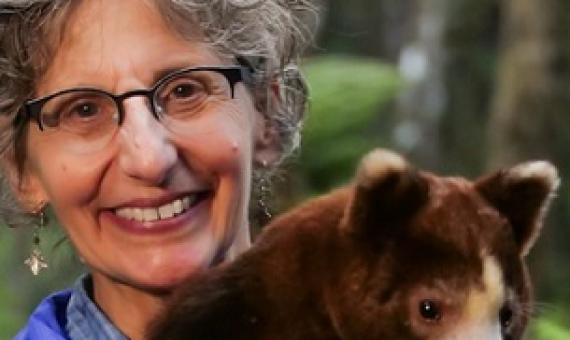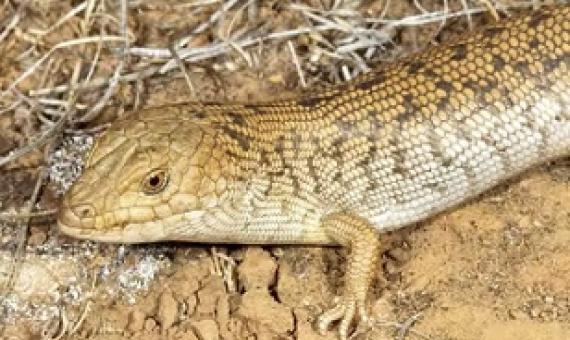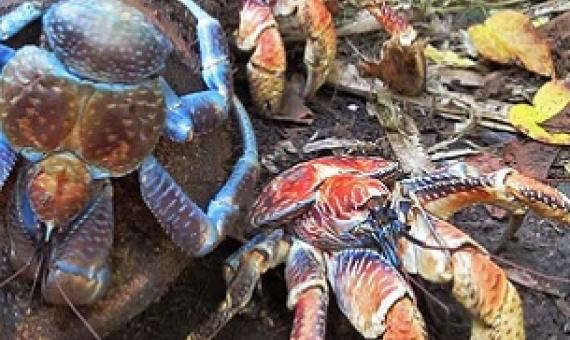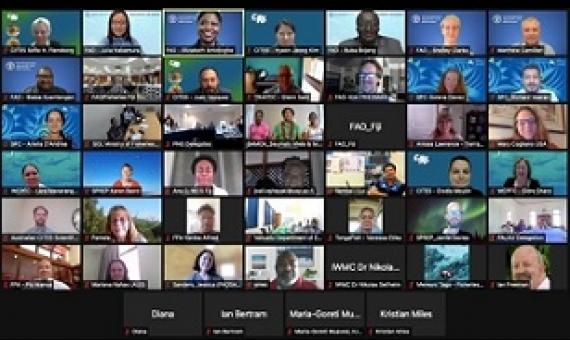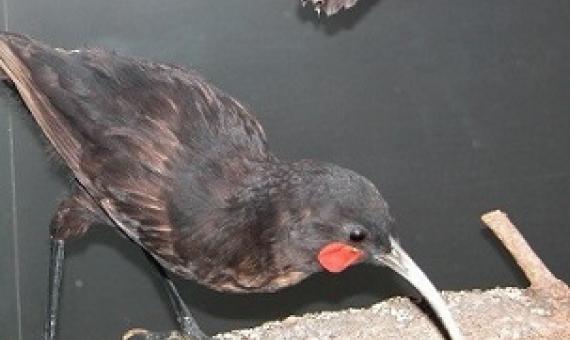National parks and other protected areas have had mixed success in conserving wildlife, according to the largest ever global study of their effects.
Half of the planet’s non-human species are already on the move in response to climate change impacts on temperature, precipitation or the movement of other species...Traditional forms of species conservation have focused on well-defined, immovable boundaries to create national park
The Port Moresby Nature Park Wild Animals Collector Card Series launched earlier this month has grown in popularity...the Wild Animal Collector Card Series is a family-oriented activity, which aims to provide educational learning opportunities for children across PNG on PNGs wildlife, while at th
Discovering and describing new species is essential to biology researchers and conservationists because they use species as a unit of analysis.
New Guinea is home to 12 of 14 species of the elusive, charismatic tree kangaroo. Conservationists in Papua New Guinea have been fighting for decades to establish protected areas using these species as a flagship species for these conservation efforts.
Recent advances in wildlife tracking techniques have enabled large-scale data collection on the detailed movements of many animal species.
Over the last decade, the area protected for nature in Australia has shot up by almost half. Our national reserve system now covers 20% of the country. That’s a positive step for the thousands of species teetering on the edge of extinction. But it’s only a step.
The Minister responsible for Fisheries, Willie Kalo Daniel, has lifted the coconut crab ban in TORBA Province. This is effective from February to November this year.
The waters of the Pacific Islands countries (PICs) are home to numerous aquatic species that are listed in the CITES Appendices, and which support livelihoods and economic opportunities for communities in over a dozen Parties to the Convention.
Human-caused bird extinctions are driving losses of functional diversity on islands worldwide, and the gaps they leave behind are not being filled by introduced (alien) species, finds a new study led by UCL and University of Gothenburg researchers.

